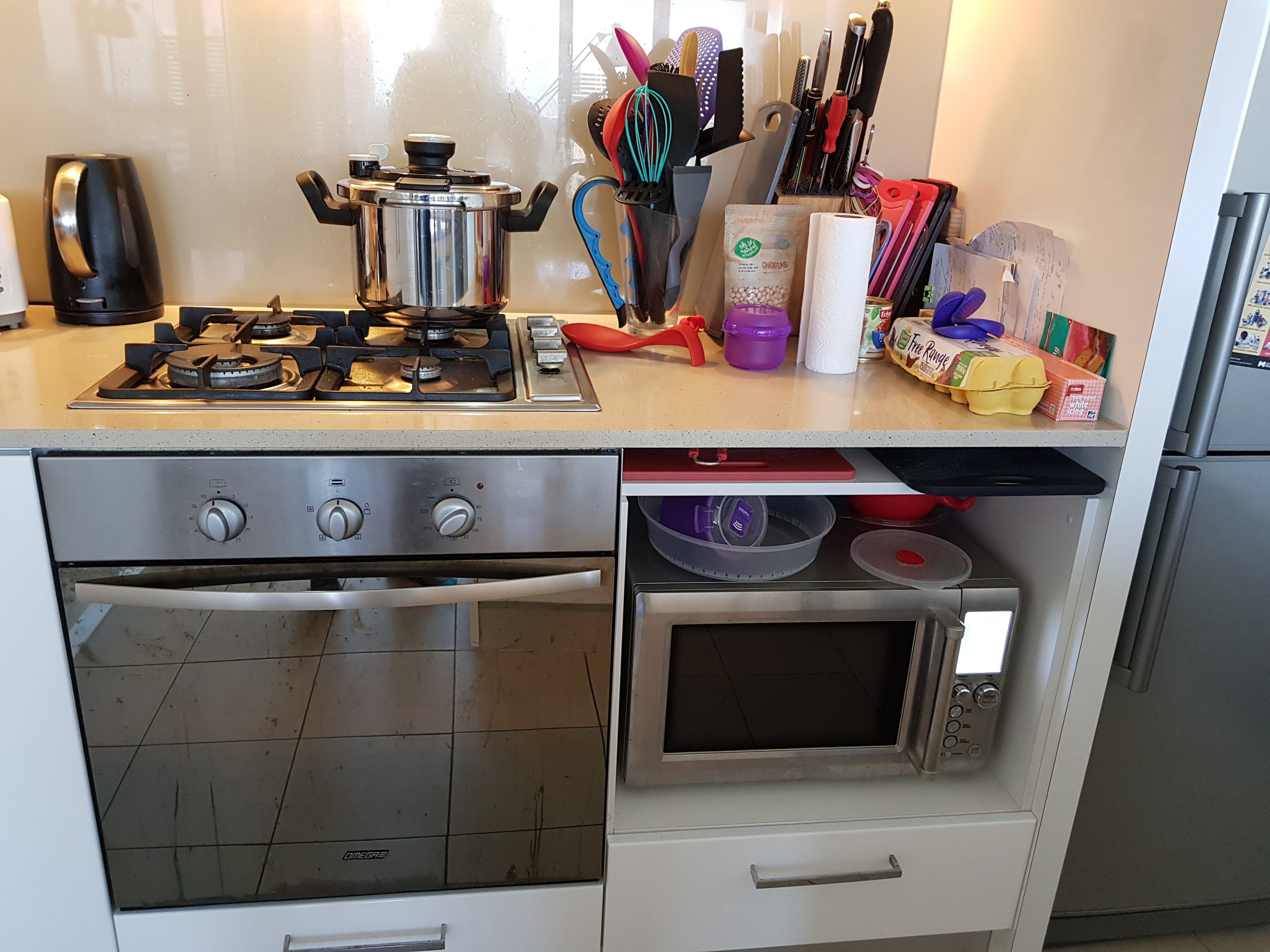City Know-hows

Apartment kitchens need to be better designed to support healthy food practices.
Share
Target audience
Public health and planning policy makers, architects, town planners, developers.
The problem
Increasing numbers of people are living in apartments as a result of housing costs and shortages. Home cooking and dining are known to have health benefits. However, there is limited research on how apartment kitchens, which tend to be smaller than kitchens in standalone houses, should be designed, in order to support healthy food practices. This research is needed in order to inform future apartment design policy.
What we did and why
We explored the food practices of a diverse groups of apartment residents in four different suburbs of Melbourne, Australia, using photo-elicited interviews. This approach helped us understand food practice choices, challenges to implanting these practices and changes to kitchen design to accommodate the desired food practices, of these apartment dwellers. Using a socioecological approach provided a useful conceptual framework to link food practices to individual living conditions, social norms and the broader policy environment.
Our study’s contribution
Our study provides a unique insight into the food practices of a group of apartment dwellers. These findings fill a knowledge gap given the overall paucity of evidence on the general domestic built environment and food practices and provide a unique contribution since housing/kitchen design is rarely considered as a determinant of home cooking.
Impacts for city policy and practice
Our study provides some early insights into how apartment kitchen design influences residents’ food practices. It points to areas of further research that will help inform the development of evidence-based, kitchen design policy, currently lacking in Australia and more widely.
Further information
Full research article:
The interrelationships between kitchen design and food practices for apartment dwellers in Melbourne, Australia: an exploratory study by Fiona Andrews, Louise C. Johnson, Ralph Horne and Lukar E. Thornton.
Related posts

Unveiling the hidden truth behind open defecation in Delhi, this study exposes the role of infrastructural incapacity and institutional failure. With 80% of surveyed households’ still practicing open defecation, the findings underscore the urgent need for comprehensive policies to address the inadequacy of public and household facilities, water availability, and coordination among governmental bodies.

The study investigates critical issues and strategies for the regeneration and valorisation of small historical villages through interviews with opinion leaders. The debate is strengthened by the analysis of scientific literature and concrete cases in Italy.

Urban planners, economists, health and community policymakers and practitioners share insights in a new study on creating healthy food environments using urban planning policy and governance levers.